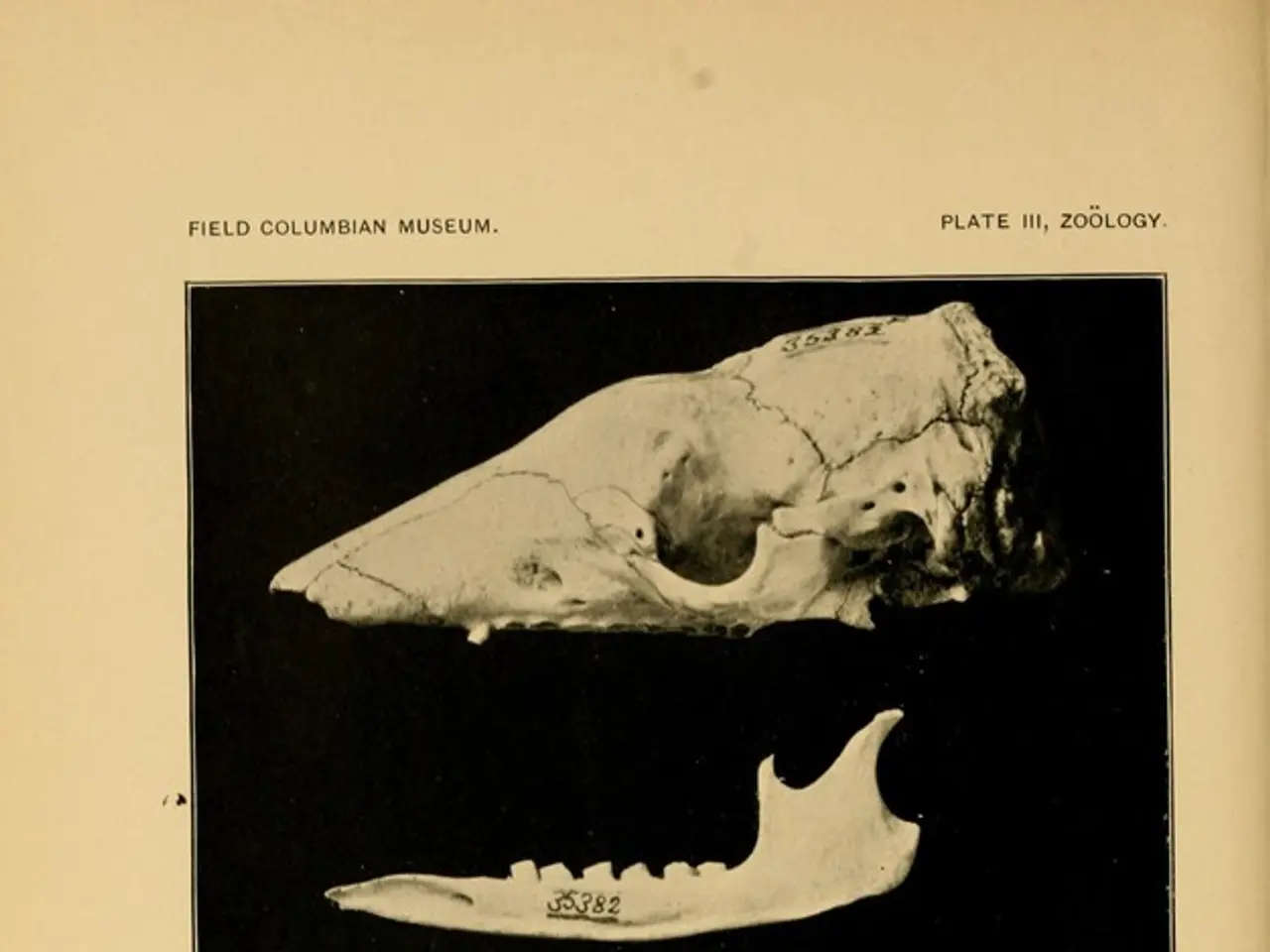What is Premature Cognitive Decline Syndrome?
Early-Onset Cognitive Decline Disorder: An Overview
Premature Cognitive Decline Syndrome, often referred to as premature senility or early-onset dementia, is a term that describes the early onset of cognitive decline and memory loss, reminiscent of symptoms associated with dementia. Unique to this condition, individuals experience these symptoms at a significantly younger age, typically before the age of 65.
Understanding Premature Cognitive Decline Syndrome is essential since it can be misidentified as typical aging processes or other mental health issues. The factors leading to its development vary widely, ranging from genetic predispositions to environmental factors and lifestyle choices. Early identification and lifestyle modifications can significantly impact the progression of symptoms.
Causes of Premature Cognitive Decline Syndrome
Although the exact causes of Premature Cognitive Decline Syndrome are still being studied, there are several factors that have been identified:
- Genetics: Family history of dementia or cognitive decline may increase the risk of developing the syndrome.
- Environmental Factors: Chemical exposure, chronic stress, and poor nutrition can contribute to cognitive decline.
- Lifestyle Choices: A sedentary lifestyle, smoking, excessive alcohol consumption, and lack of mental stimulation are linked to an increased risk of cognitive issues.
- Medical Conditions: Conditions such as diabetes, hypertension, and depression can play a role in the early onset of cognitive decline.
Symptoms of Premature Cognitive Decline Syndrome
Recognizing the symptoms of Premature Cognitive Decline Syndrome is crucial for early diagnosis and intervention. Symptoms can vary from person to person, but common signs may include:
- Memory Loss: Frequent forgetfulness, such as misplacing items or forgetting appointments, is often the first sign.
- Difficulty Concentrating: Struggles to focus on tasks or follow conversations.
- Confusion: Increased confusion about time, place, or familiar faces can be distressing.
- Changes in Mood: Mood swings, irritability, or depression can accompany cognitive decline.
- Withdrawal from Social Activities: A noticeable decrease in social interactions or hobbies may occur as individuals struggle with cognitive tasks.
Seeking Help and Resources
Navigating Premature Cognitive Decline Syndrome can be overwhelming, but you don’t need to face this journey alone. Resources like our platform AI (our website) offer evidence-based health answers and support for those dealing with cognitive decline. They can help you find the right information and connect with healthcare professionals specializing in cognitive health.
In conclusion, Premature Cognitive Decline Syndrome is a serious condition that requires attention and understanding. By recognizing the symptoms and seeking help early, individuals can take proactive steps to manage their cognitive health and maintain a fulfilling life. Remember, it’s never too early to prioritize your brain health! 🧠✨
- Science has been focusing on understanding Premature Cognitive Decline Syndrome, a condition linked to factors like genetics, environmental factors, lifestyle choices, medical conditions, and neurological disorders.
- Maintaining good health-and-wellness, fitness-and-exercise, mental-health, and proper nutrition can help lower the risk of cognitive issues, including premature cognitive decline.
- Aging is a natural process, but premature cognitive decline may pose as a challenge, especially due to conditions such as diabetes, hypertension, and depression, which can play a role in its early onset.
- In addition to seeking the guidance of healthcare professionals, there are numerous resources available online, such as our platform AI, that provide evidence-based health answers and connect individuals with experts specializing in cognitive health.







